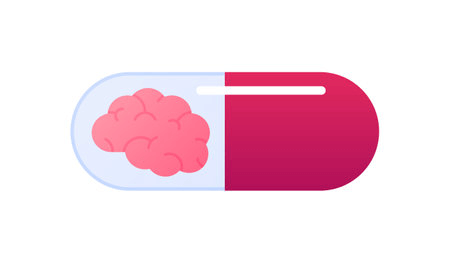Postpartum Depression and Other Postpartum Challenges

During pregnancy, it’s natural to focus on the joy and anticipation of welcoming your new baby. However, being informed about potential postpartum challenges can help you recognize and address them if they arise. Postpartum depression is a common issue that many new mothers face, but there are other conditions to be aware of as well. Understanding these conditions can prepare you to seek help if needed.
Postpartum Depression
Postpartum depression (PPD) is the most prevalent postpartum mental health condition, affecting approximately 15 to 20 percent of new mothers. PPD is characterized by:
- Persistent feelings of sadness, hopelessness, and emptiness
- Irritability and anger
- Guilt and feelings of inadequacy
- Changes in appetite and sleeping patterns
Recognizing these symptoms early can help you seek treatment promptly, improving your overall well-being and ability to care for your baby.
Also read: Prenatal Care: Ensuring Your Health And Your Baby’s Well-Being Before Birth
Postpartum Anxiety
Postpartum anxiety often occurs alongside postpartum depression. Symptoms include:
- Intense worry or fear, often focused on the baby’s health and safety
- Panic attacks, which may involve chest pain, shortness of breath, dizziness, and sweating
- Obsessive thoughts or compulsive behaviors
If you notice these symptoms, it’s crucial to talk to your healthcare provider to manage and reduce your anxiety effectively.
Postpartum Psychosis
Postpartum psychosis is a rare but severe mental health condition that requires immediate medical attention. Symptoms include:
- Hallucinations (hearing or seeing things that aren’t there)
- Severe confusion and memory loss
- Paranoia and extreme mood swings
This condition can pose a significant risk to both the mother and baby, so prompt intervention is essential.
Postpartum Post-Traumatic Stress Disorder (PTSD)
Postpartum PTSD is less common but can occur after a traumatic childbirth experience. Symptoms include:
- Flashbacks of the traumatic event
- Severe anxiety and panic attacks
- Avoidance of anything related to the trauma, including the baby
If you experience these symptoms, seeking therapy and support can help you process the trauma and improve your mental health.
Seeking Help and Support
If you or someone you know is experiencing any of these postpartum conditions, it’s important to seek help immediately. Talk to your doctor, a mental health professional, or a support group. Treatments may include therapy, medication, or a combination of both.
Conclusion
Being aware of the potential mental health challenges after childbirth allows you to seek help quickly if needed. Remember, these conditions are common and treatable, and seeking support is a crucial step towards recovery. Prioritizing your mental health not only benefits you but also ensures you can provide the best care for your new baby.
Also read:





